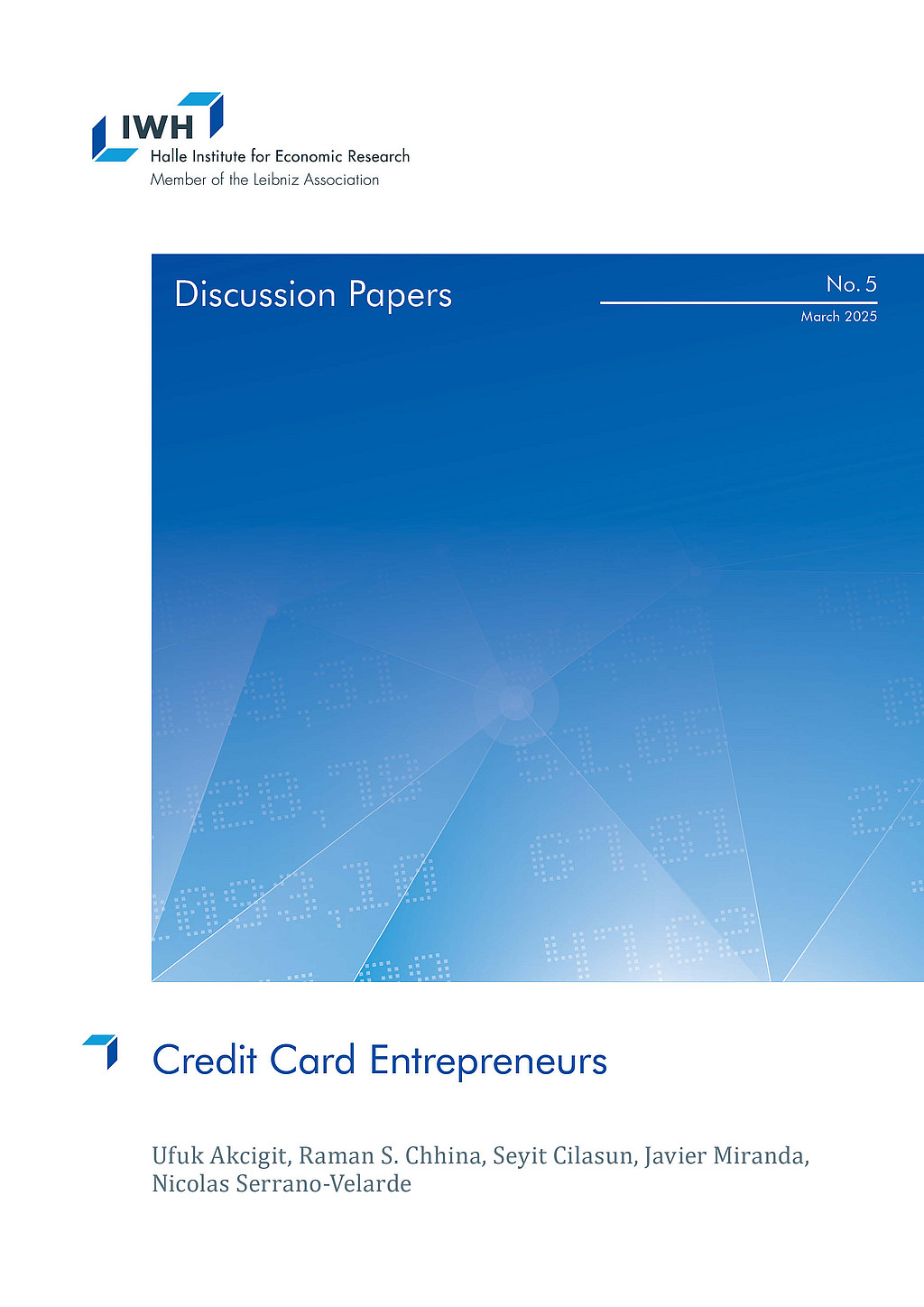Centre for Business and Productivity Dynamics
Your contact

- Department Centre for Business and Productivity Dynamics
Refereed Publications

The (Heterogeneous) Economic Effects of Private Equity Buyouts
in: Management Science, forthcoming
Abstract
<p>The effects of private equity buyouts on employment, productivity, and job reallocation vary tremendously with macroeconomic and credit conditions, across private equity groups, and by type of buyout. We reach this conclusion by examining the most extensive database of U.S. buyouts ever compiled, encompassing thousands of buyout targets from 1980 to 2013 and millions of control firms. Employment shrinks 12% over two years after buyouts of publicly listed firms—on average, and relative to control firms—but expands 15% after buyouts of privately held firms. Postbuyout productivity gains at target firms are large on average and much larger yet for deals executed amid tight credit conditions. A postbuyout tightening of credit conditions or slowing of gross domestic product growth curtails employment growth and intrafirm job reallocation at target firms. We also show that buyout effects differ across the private equity groups that sponsor buyouts, and these differences persist over time at the group level. Rapid upscaling in deal flow at the group level brings lower employment growth at target firms. We relate these findings to theories of private equity that highlight agency problems at portfolio firms and within the private equity industry itself.</p>
Working Papers

Credit Card Entrepreneurs
in: IWH Discussion Papers, No. 5, 2025
Abstract
<p>Utilizing near real-time QuickBooks data from over 1.6 million small businesses and a targeted survey, this paper highlights the critical role credit card financing plays for small business activity. We examine a two year period beginning in January of 2021. A turbulent period during which, credit card usage by small U.S. businesses nearly doubled, interest payments rose by 60%, and delinquencies reached 2.8%. We find, first, monthly credit card payments were up to three times higher than loan payments during this time. Second, we use targeted surveys of these small businesses to establish credit cards as a key financing source in response to firm-level shocks, such as uncertain cash flows and overdue invoices. Third, we establish the importance of credit cards as an important financial transmission mechanism. Following the Federal Reserve’s rate hikes in early 2022, banks cut credit card supply, leading to a 15.75% drop in balances and a 10% decline in revenue growth, as well as a 1.5% decrease in employment growth among U.S. small businesses. These higher rates also rendered interest payments unsustainable for many, contributing to half of the observed increase in delinquencies. Lastly, a simple heterogeneous firm model with a cash-in-hand constraint illustrates the significant macroeconomic impact of credit card financing on small business activity.</p>









